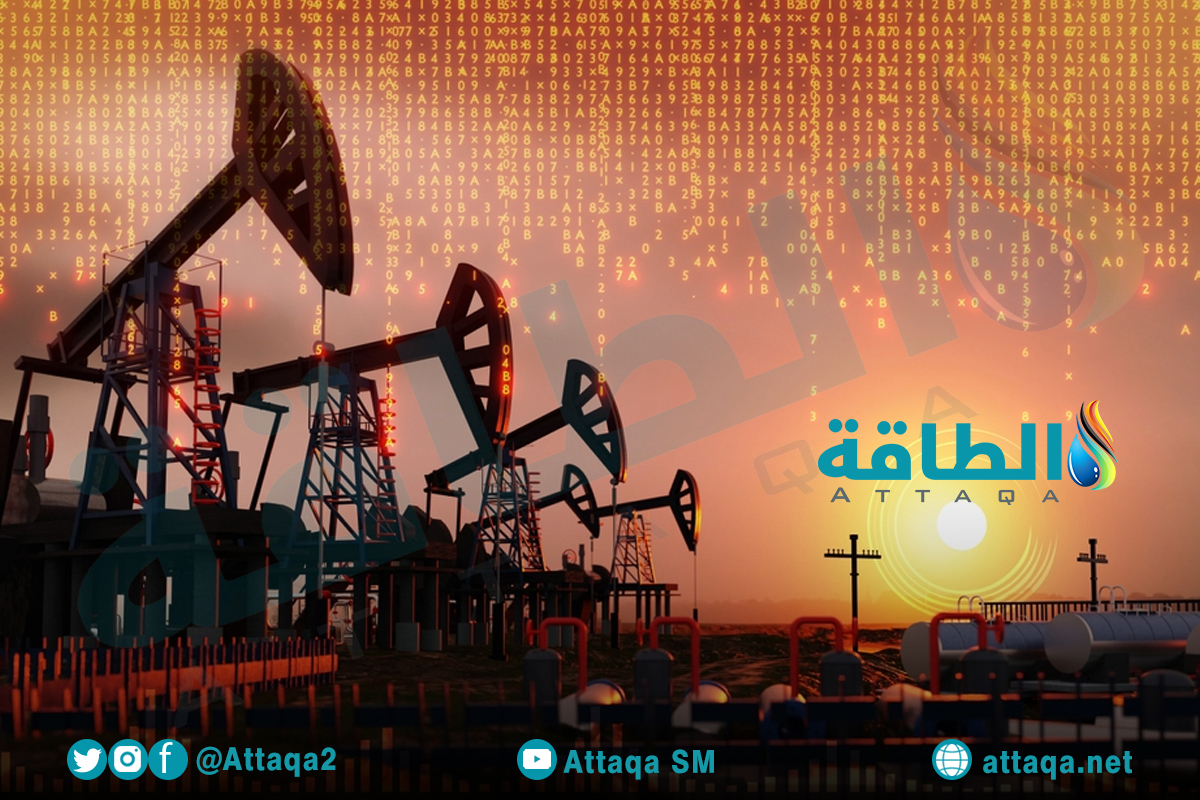In an effort to control the fuel shortage crisis in Pakistan, the federal government has issued a package of new decisions that will tighten the state’s grip on manipulators of the country’s supplies of oil derivatives.
The federal government directed the competent authorities and law enforcement officials in the country to arrest anyone who is found to be deliberately stockpiling petroleum products and causing the crisis to escalate, amid expectations that the country will witness a rise in the prices of these products during the next week, according to the local newspaper, The Express Tribune. Express Tribune).
The FBI set up teams across the country; To take the necessary measures against those who store gasoline, including oil marketing companies, according to what was seen by the specialized energy platform.
The country’s authorities are conducting a thorough inspection of refueling stations in preparation for taking deterrent legal measures against the owners of these facilities if they are involved in illegal storage of gasoline or diesel, and have threatened to raise the ceiling of penalties to the point of revoking the licenses of these stations and accusing them of deepening the fuel crisis in Pakistan.
Shortage of supplies
In light of the expectations of a rise in the prices of petroleum products, during the next week, oil marketing companies have stopped pumping their supplies through the province of Punjab, including the capital of the province, “Lahore”.
The stations suffer as a result of the fuel shortage crisis in Pakistan. The needs of the city of Lahore alone range from 3 million to 3.2 million liters per day of high-octane gasoline and diesel products, but in light of the current crisis, the daily supply rates of these products will not exceed 1 to 1.2 million liters per day.
In this context, the station, which can accommodate 50,000 liters of gasoline, supplies only about 5,000 liters, according to information followed by the specialized energy platform.
Only 115 stations in Lahore have petrol supplies, out of 550 refueling stations; Which is lower than the rate of demand, and this prompted a reduction in the quantities of fuel allowed to be supplied to cars.
Cars are allowed to refuel in Pakistan at a cost of PKR 2,000-3,000 at a time, while motorbikes and rickshaws (an Asian mode of transportation of two- or three-wheeled hand-pulled trolleys) cost between Rs 500 and 100.
(1 Pakistani Rupee = 0.0037 USD)
An upcoming crisis
The Secretary-General of the Association of Petroleum Derivatives Dealers, Khawaja Atef, accused marketing companies of not providing gas stations with gasoline supplies despite obtaining their dues by the advance payment system, adding that more than 70% of the stations in Punjab province were closed while the owners of the stations were unable to pay the salaries of workers. ; What exacerbated the fuel shortage crisis in Pakistan.
He continued, “We submitted several complaints to the Oil and Gas Regulatory Authority against marketing companies, to no avail,” expressing his regret that the repercussions of the fuel shortage in the country have evolved into a dispute between citizens and station workers. What caused damage to the stations and their workers.
He pointed out that the companies that hoarded oil achieved billions of profits as prices increased, at a time when the owners of the stations bear responsibility for the fuel shortage crisis in Pakistan, especially gasoline.
 During a press conference, Oil Minister Mossadeq Malik said that the country has a stock of gasoline sufficient for only 21 days, while diesel is sufficient for Pakistan’s needs for 29 days, adding that about 900 refueling stations were inspected, 7 of which were closed after it was proven that they were involved in the crime. Illegal stockpiling of supplies.
During a press conference, Oil Minister Mossadeq Malik said that the country has a stock of gasoline sufficient for only 21 days, while diesel is sufficient for Pakistan’s needs for 29 days, adding that about 900 refueling stations were inspected, 7 of which were closed after it was proven that they were involved in the crime. Illegal stockpiling of supplies.
oil imports
The South Asian country suffers from a shortage of oil imports; As there is difficulty in securing hard currency for importing companies, the volume of imports is estimated at about 30,000 metric tons of gasoline, 200,000 metric tons of diesel, and 650,000 metric tons of crude oil, at a total cost of $1.3 billion per month.
The oil sector in Pakistan faces financial problems due to the escalation of circular debts, the lack of financing facilities from local banks and the depreciation of the currency, while Islamabad relies on fossil fuels to generate 64% of the electricity in the country, followed by hydroelectric power with a rate of 27%, while renewable and nuclear energy acquires on the remaining proportions.
related topics..
Also read..

Leave a Reply